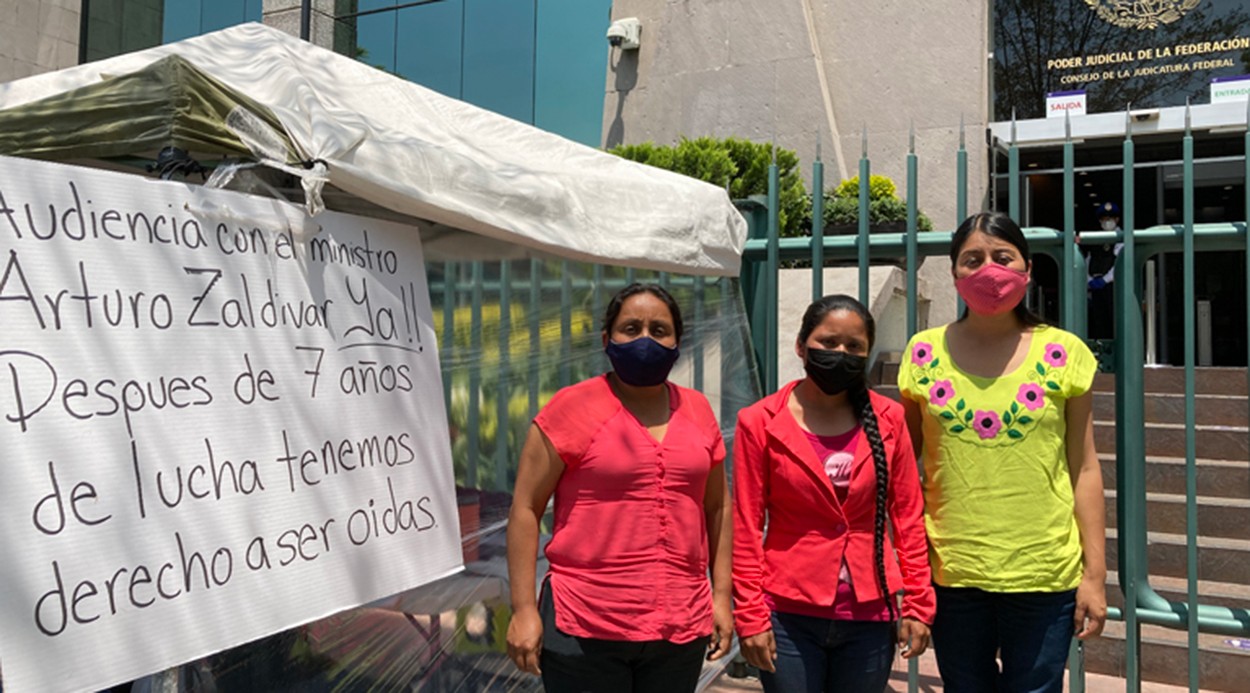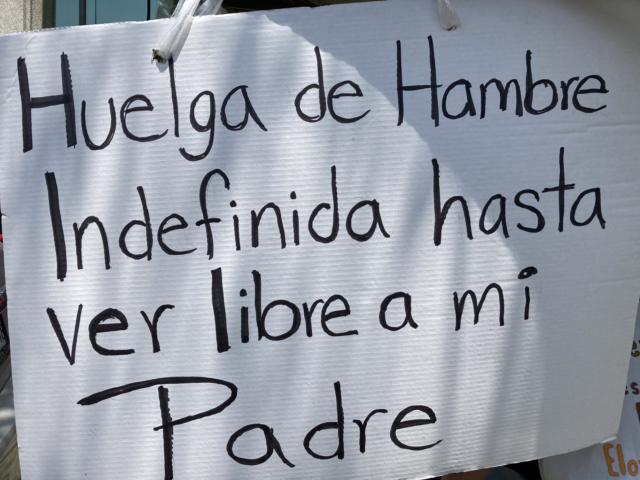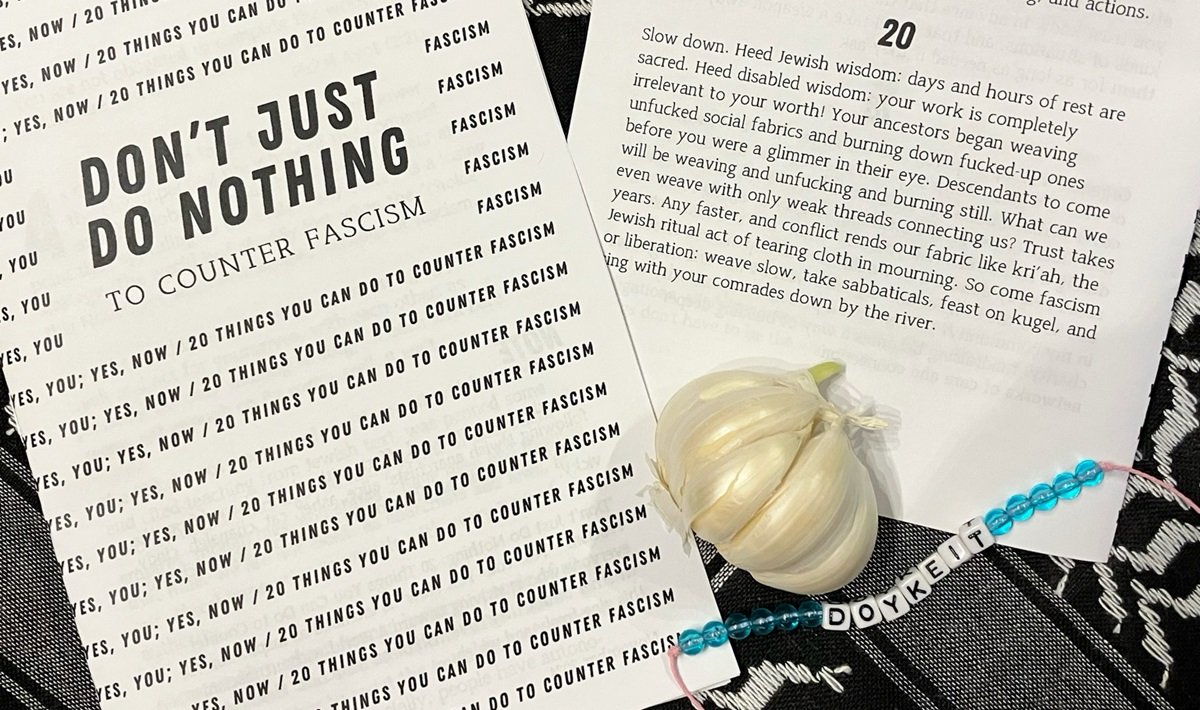Filed under: Indigenous, Mexico, Political Prisoners, Southern Mexico

The following piece by Erika Lozano, published by Desinformémonos and translated by Scott Campbell, discusses the hunger strike started by women from Eloxochitlán de Flores Magón, Oaxaca, demanding the release of seven political prisoners from the community.
Mazatec women encamped in front of the Federal Judiciary Council in Mexico City to demand the release of their relatives after seven years in prison. Argelia Betanzos, Bertha Reynosa and Carmela Bonfil, from Eloxochitlán, Oaxaca, demanded a meeting with the president of the council, Arturo Zaldívar Lelo de Larrea.
“What brings us here is desperation, since the innocence of our family members has been proven by legal evidence, as has the fabrication of the crimes of which they are accused,” explained Betanzos during an interview. She is the daughter of prisoner Jaime Betanzos Fuentes, and she started a hunger strike on Tuesday, May 25, stating she will not leave until she has an answer. She also denounced that “using the pandemic as a pretext,” there has been no progress in the case on the part of Oaxacan authorities.
Betanzos recalled that at the beginning of the case, there were many defendants and detainees, and that since 2014, when the events occurred, they have managed to free 20 of them. Those 20 were facing “the same accusations, the same story, and the same evidence.” The activist stated that the reason beyond the imprisonment of people from Eloxochitlán is “that our compañeros have been an example of social struggle and organization in our communities” and said that they will not leave them behind.
“The three branches of power in Oaxaca committed a serious violation of omission, by not attending to the demands for freedom,” reported Betanzos. She added that the Oaxaca Court of Justice and the judge of the fourth district in that city, Pedro Guerrero Trejo, denied the prisoners freedom in 2020 and in early 2021. As a result, the women decided to come to Mexico City to request a dialog with Secretary Zaldívar, president of the Federal Judiciary Council, “to make him aware of the violations committed by the federal official in Oaxaca.”

“Indefinite hunger strike until I see my father free.”
Bertha Reynosa Bolaños, the wife of a person displaced from Eloxochitlán, said that her family has been impacted in many ways, including having to leave their community for a while. “Our relatives spoke on behalf of their neighborhoods, they participated in the community, and they were blamed for something they did not do,” she said.
Carmela Bonfil Nieto, the daughter of Herminio Bonfil Avendaño, also a prisoner, said that they will not leave until they see the seven prisoners freed and brought home. “Every morning we ask God to give us the strength to be out here to show that our families are innocent,” she said.
Betanzos recalled that, on December 14, 2014, her relatives were arrested and criminalized “for defending the community’s way of choosing their representatives and for fighting against the imposition of political parties in Eloxochitlán, as well as for publicly denouncing the abuses of power of strongman Manuel Zepeda Cortés, his family, and his supporters. Zepeda was mayor from 2011 to 2013 and was the first to try to campaign using the methods of political parties.”
The prisoners were accused of the murder of a person “during an attack carried out by the Zepeda family in 2014, while the community assembly was meeting to select their traditional authorities,” said Betanzos. She also indicated there is documentation of “legal inconsistencies” in the case.





